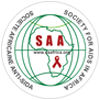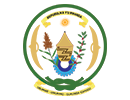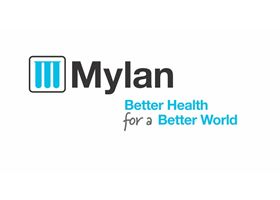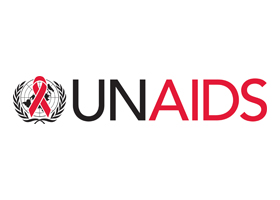Time: 8.30am – 1030am
Venue: MH3
Reporters: Derrick Shema
The session was facilitated by Mark Nelson, Consultant Physician at the Chelsea and Wester Minister Hospital, London.
The first speaker was Amanda Caster who is a Professor in the Department of Epidemiology at the Washington Georgia University Milken Institute, School of Public Health. She gave a talk on Right Place and Right Thing. Amanda identified that 200 cities account for 60% of PLHIV, innovation with laboratories are needed to expedite supportive diagnostic services to enable the prioritization of reaching the 90-90-90. The gap in the prevention and care continuum needs to be closed to make further progress. Stigma and discrimination needs to be addressed. As much as we place priority on HIV testing, we need to look for innovative ways to link people to care, treatment and support viral suppression. She concluded that though there is progress being made towards achieving the 90-90-90 target as there is enough science and community support, and political commitment to achieve these goals. Cities are however critical to making a success of these efforts as they are uniquely positioned to help attain local, national and global goals.
The second speaker was Damaris Nyamweya, a 24 years old young Kenyan born with HIV who is the CEO and co-founder of Operation Triple Zero. She shared her story as children born with HIV to an entire family living with HIV. She found it hard for her to feel comfortable with living with HIV but has since grown to be able to live herself and live like others. She is also able to improve her current life and prepare for the future including having a relationship.
The third speaker was Bruce Agins, an infection disease physician and public health professional. He shared the challenges associated with implementing stigma and discrimination reduction programs. One was associated with how to operationalize quality improvement concepts, and the second was identifying methods can be applied to survey data that measures successes. Also, how do you measure implementation successes like integration of data from patients and health care workers into routine HIV quality improvements activities when compared with clinical research.
The fourth speaker was Bernard Chimbele Chanda, a young key population advocate living with HIV. He defined stigma as a powerful social process of devaluing people or groups based on real or perceived difference such as gender, age, sexual orientation, behavior or ethnicity. Also, he defined discrimination as the unfair or unjust treatment of an individual based on the social identified status.













